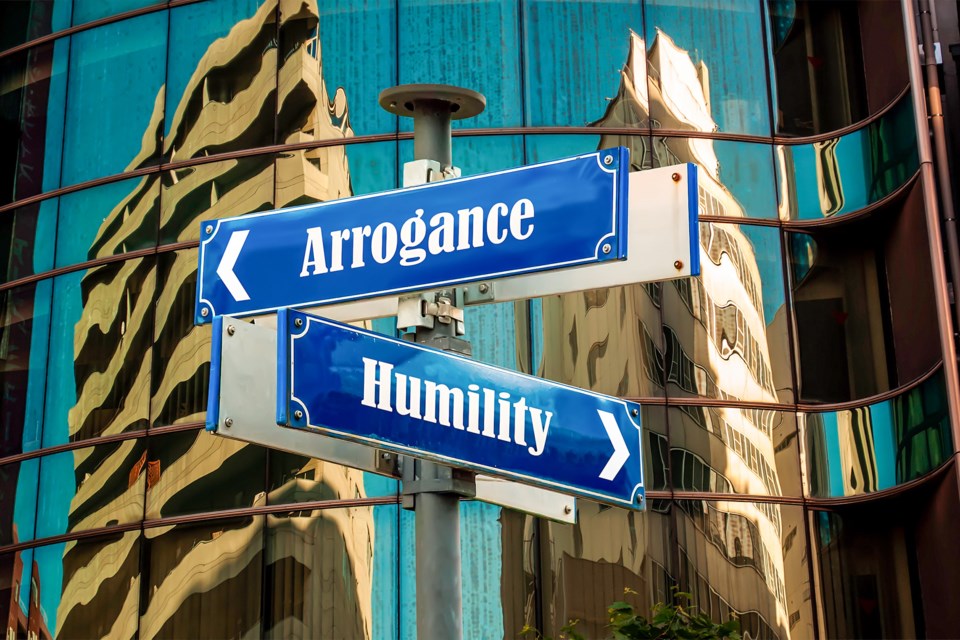Kate Forbes might not be known in Canada but she’s a very impressive politician indeed, and until recently was considered perhaps the most likely successor to Nicola Sturgeon as leader of the Scottish National Party. She’s extremely intelligent, educated at Cambridge as well as Edinburgh, and a fluent Gaelic speaker. She’s young—32—spent three years as a child in India, has already been a Member of the Scottish Parliament (MSP) for seven years, and also served as Cabinet Finance and Economy Secretary. There’s no scandal around her, she’s liked, and would give the party a new, fresh look.
But she’s also an active member of the Free Church of Scotland, and beyond the sectarian division that still exists in some parts of the country, albeit a mere shadow of what it once was, this could present a problem. Because the FCS, often known as the We Frees, are a hardline church, with views on the firm right of the religious spectrum, and Forbes has stated that she would never hide her faith, and that it’s “essential to my being.”
The church is strongly Calvinist and outside of mainstream Presbyterianism. It takes conservative positions on women’s choice and sexuality, and claims, “everything from our patterns of worship to our church structures seeks to reflect clear Biblical teaching.” That’s theological code for traditional and strict. Indeed, former church Moderator Reverend David Robertson once said that people would look back to the “evil” of abortion in the same way that they now regard slavery.
So, it was largely inevitable that Forbes’ views on equal marriage would become prominent, and that she would lose many supporters due to her conservative stance, especially in a party that is proud of its progressive views.
Since then a predictable divide has emerged, and both sides seem to have missed the point. It's not that Forbes’ views disqualify her from public office but that she doesn't receive a free pass on them simply because they're allegedly a product of her faith. There are, for example, many atheists who oppose marriage equality. If they aspired to political leadership they too would be held to account. In other words, this is less about religion than it is politics parading as religion or even being hidden or protected by it.
This matters, because millions of Christians, me included, support equal marriage, and find the assumed automatic link between faith in Jesus Christ and conservative social policy to be deeply offensive. Indeed, as a boringly straight man married to the same woman for 35 years it’s my faith that has led me to campaign for full marriage equality.
Only a zealot would refuse to support Kate Forbes purely because she’s a Christian, but many would do so because she rejects the full dignity of LGBTQ2 people in their loving partnerships. I read and say historic and traditional Christian prayers every day, and I’ve yet to see any reference in them to marriage or sexuality. Put simply, this just isn’t a creedal issue. Loving one’s neighbour as oneself, however, most certainly is.
It’s worth remembering that when Church of England bishops spoke out against the government’s plan to deport refugees to Rwanda, they were repeatedly told to keep their religion out of the public square. Told, strangely enough, by some of the very people who are now championing Kate Forbes as a martyr to secular “cancel culture.”
But even if Forbes does see her faith as being glued to conservative social policies, that’s her right. And it’s the right of those who disagree with her to challenge and oppose. She’s not being threatened with arrest, not being told that she can’t worship as she likes and believe what she wants, but merely realizing that possessing opinions that cause enormous pain to countless people may mean that she doesn’t become leader of a major political party. Life, as they say, is tough.
But not as tough as it was until very recently —and even now still is in some places and for some people — to be outed in public life. If this debate is about freedom and respect, it’s that of LGBTQ2 people rather than religious fundamentalists. Expect to see similar arguments when the next election is called here in Canada, and various Conservative candidates speak their mind. But the controversy isn’t about the separation of church and state but about sheer openness and accountability. Which are virtues we should all embrace, whatever our faith or lack of it.

